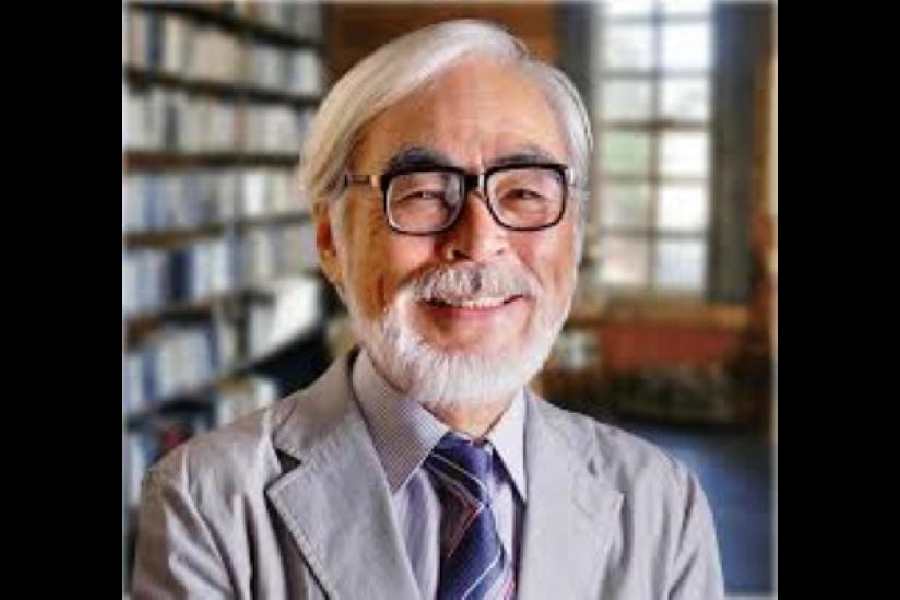A Japanese anti-piracy organisation, representing IP holders like Studio Ghibli and Bandai Namco, has written to OpenAI, calling for the AI company to stop training its AI models on their copyrighted content without permission.
The letter from the Content Overseas Distribution Association (CODA) is the latest step in the country’s growing concern over how Sora 2 — a text-to-video model — handles intellectual property.
The animation giant Studio Ghibli is behind films like Spirited Away and My Neighbour Totoro, while Bandai Namco owns several video game franchises, including Pac-Man and Tekken.
The letter states that “CODA considers that the act of replication during the machine learning process may constitute copyright infringement”.
The recently launched Sora 2 (available in the US and Canada but it’s also rolling out to other countries) has been used to churn out depictions of Japanese anime and video game characters.
Sora 2 has an opt-out system based on requests from copyright holders but CODA notes that “under Japan’s copyright system, prior permission is generally required for the use of copyrighted works, and there is no system allowing one to avoid liability for infringement through subsequent objections”.
Sora 2 has generated AI slop that has been parodied on social media platforms. Many Sora videos feature Pokemon, including one showing deepfaked OpenAI CEO Sam Altman gazing at a flock of Pokemon frolicking across a field.
On October 4, Altman wrote in a blog post: “In particular, we’d like to acknowledge the remarkable creative output of Japan — we are struck by how deep the connection between users and Japanese content is!”
It is up to OpenAI to choose whether to cooperate with requests. In the US, copyright law has not largely been updated since 1976. A recent ruling by a US federal judge found that Anthropic, a leading artificial intelligence company, did not violate US law by training its AI on copyrighted books but the company was fined for pirating the books it used for training.
Hayao Miyazaki, who co-founded Studio Ghibli, has not commented directly on the proliferation of AI-generated interpretations of his work but when he was shown AI-generated 3D animation in 2016, he said that he was “utterly disgusted”. “If you really want to make creepy stuff, you can go ahead and do it. I would never wish to incorporate this technology into my work at all. I strongly feel that this is an insult to life itself,” he said.










